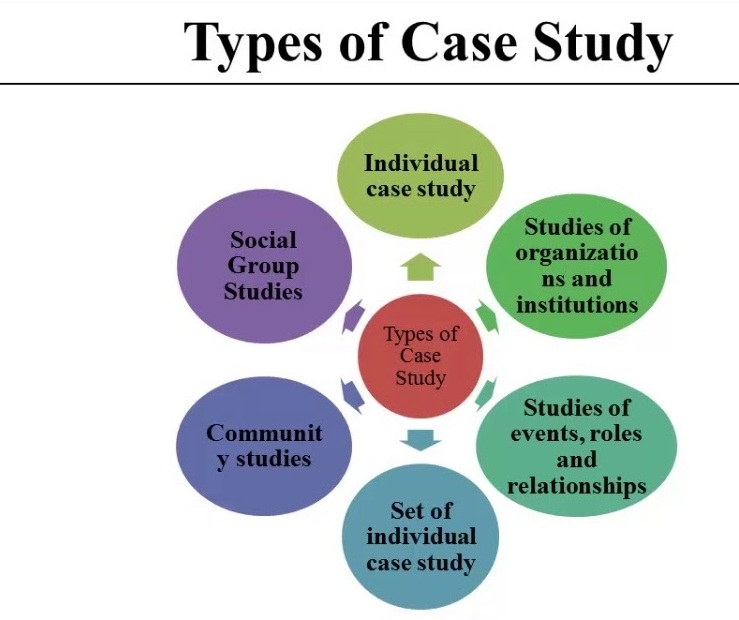Case Study Methods In Anthropology – Anthropology Notes – For W.B.C.S. Examination.
নৃতত্ত্ব ক্ষেত্রে অধ্যয়ন পদ্ধতি – নৃতত্ত্ব নোট – WBCS পরীক্ষা।
Anthropologists use ‘case’ in a slightly different way than some legal scholars or psychoanalysts, either of whom might use cases to illustrate their points or theories. Anthropologists often describe a case first, and then extract a general rule or custom from it, in the manner of inductive reasoning. Most often, the event is complex, or even a series of events, and we call these social situations, which can be analysed to show that the different conflictive perspectives on them are enjoined in the same social system (and not based in the assumption of cultural difference as a prima face condition of anthropological inquiry).Continue Reading Case Study Methods In Anthropology – Anthropology Notes – For W.B.C.S. Examination.
The case study, as a part of ‘situational analysis,’ is a vital approach that is used in anthropological research in the postcolonial world. In it we use the actions of individuals and groups within these situations to exhibit the morphology of a social structure, which is most often held together by conflict itself. Each case is taken as evidence of the stages in the unfolding process of social relations between specific persons and groups. When seen as such, we can dispense with the study of sentiment as accidental eruptions of emotions, or as differences of individual temperament, and bring depth to the study of society by penetrating surface tensions to understand how conflict constructs human experiences and gives shape to these as ‘social dramas’, which are the expressions of cultural life.
A case study is unique within the social sciences for its focus of study on a single entity, which can be a person, group or organization, event, action, or situation. It is also unique in that, as a focus of research, a case is chosen for specific reasons, rather than randomly, as is usually done when conducting empirical research. Often, when researchers use the case study method, they focus on a case that is exceptional in some way because it is possible to learn a lot about social relationships and social forces when studying those things that deviate from norms. In doing so, a researcher is often able, through their study, to test the validity of the social theory, or to create new theories using the grounded theory method.
The first case studies in the social sciences were likely conducted by Pierre Guillaume Frédéric Le Play, a 19th-century French sociologist and economist who studied family budgets. The method has been used in sociology, psychology, and anthropology since the early 20th century.
Within sociology, case studies are typically conducted with qualitative research methods. They are considered micro rather than macro in nature, and one cannot necessarily generalize the findings of a case study to other situations. However, this is not a limitation of the method, but a strength. Through a case study based on ethnographic observation and interviews, among other methods, sociologists can illuminate otherwise hard to see and understand social relations, structures, and processes. In doing so, the findings of case studies often stimulate further research.
Types and Forms of Case Studies
There are three primary types of case studies: key cases, outlier cases, and local knowledge cases.
- Key cases are those which are chosen because the researcher has a particular interest in it or the circumstances surrounding it.
- Outlier cases are those that are chosen because the case stands out from other events, organizations, or situations, for some reason, and social scientists recognize that we can learn a lot from those things that differ from the norm.
- Finally, a researcher may decide to conduct a local knowledge case study when they already have amassed a usable amount of information about a given topic, person, organization, or event, and so is well-poised to conduct a study of it.
Within these types, a case study may take four different forms: illustrative, exploratory, cumulative, and critical.
-
- Illustrative case studies are descriptive in nature and designed to shed light on a particular situation, set of circumstances, and the social relations and processes that are embedded in them. They are useful in bringing to light something about which most people are not aware of.
- Exploratory case studies are also often known as pilot studies. This type of case study is typically used when a researcher wants to identify research questions and methods of study for a large, complex study. They are useful for clarifying the research process, which can help a researcher make the best use of time and resources in the larger study that will follow it.
- Cumulative case studies are those in which a researcher pulls together already completed case studies on a particular topic. They are useful in helping researchers to make generalizations from studies that have something in common.
- Critical instance case studies are conducted when a researcher wants to understand what happened with a unique event and/or to challenge commonly held assumptions about it that may be faulty due to a lack of critical understanding.
Whatever type and form of case study you decide to conduct, it’s important to first identify the purpose, goals, and approach for conducting methodologically sound research.
Please subscribe here to get all future updates on this post/page/category/website


 +919674493673
+919674493673  mailus@wbcsmadeeasy.in
mailus@wbcsmadeeasy.in







































































































